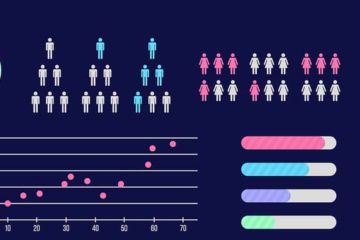Newsletter
Concurrent Enrollment: A Pathway to Success
As the nation celebrates the class of 2020 and the resilience of graduates during a worldwide pandemic, it can be easy to forget that some students face huge challenges to high school graduation even in “normal” times. Living in foster care can make school feel like a perpetual marathon. In Jefferson County, a program called Fostering Opportunities helps them cross the finish line.







